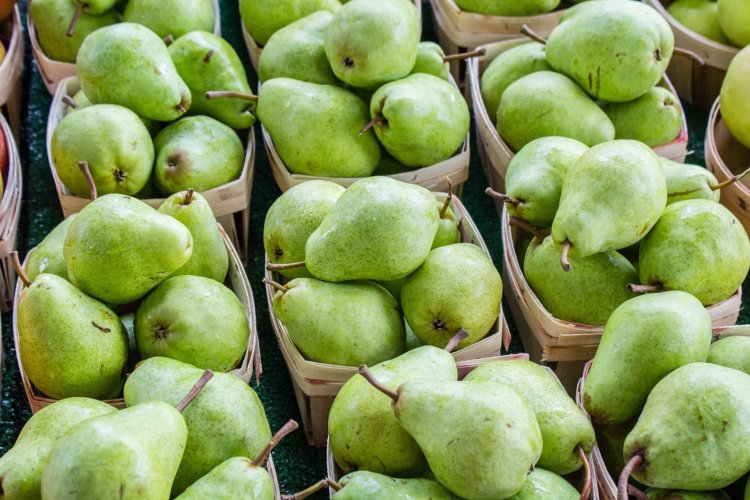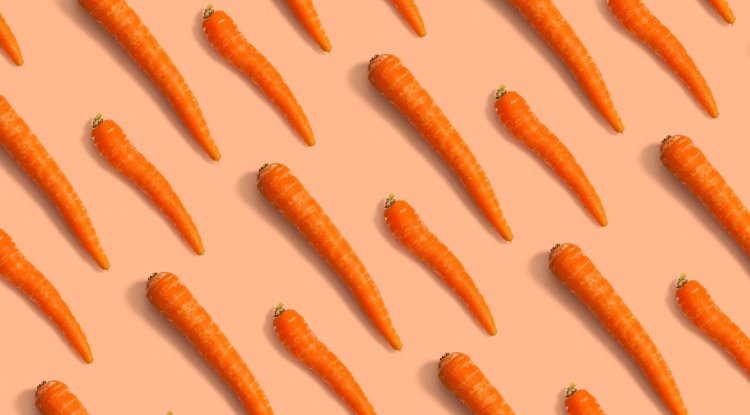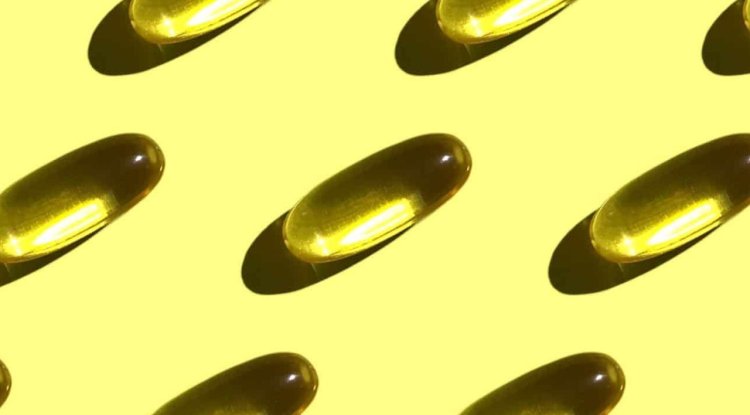Pears - Health Benefits And Nutrition

Pears are a juicy, sweet fruit with a somewhat gritty texture but a buttery softness.
Although some records claim that pears were first cultivated 3000 years ago, there are theories that this amazing fruit was consumed by Stone Age man. Pears were a symbol of wealth during the reign of King Louis XIV of France, and Homer described them as a "gift of the gods" in his famous epic Odyssey. Pyrus communis is the Latin name for the pear, which belongs to the rose family together with the apple and quince.
There are thousands of various varieties of pears, each with its own form, color, size, and flavor. Pears, in general, have a bigger circular bottom that progressively tapers towards the top, ending in a stalk. They're juicy and delicious, with a gritty texture yet a buttery softness.
Pear juice is occasionally used as a sweetener in desserts instead of sugar because of its outstanding sweetness. Even yet, one lousy pear contains fewer than 100 calories. Pears are an excellent ally for those who, like a growing number of people, have chosen a contemporary lifestyle, exposing themselves to stress, speed, tiredness, and the exhaustion of their energy reserves.
Pears are well-known for producing excellent brandy, so we use them less in compotes and jams, however they may also be utilized to produce delicious canned fruit items. Pears, on the other hand, are best eaten fresh since they tonify the body the best, and if they must be preserved, they should be kept in the lowest section of the refrigerator for just a few days.
Why pears?
Because they include considerable levels of monosaccharides: fructose and glucose, as well as levulose - the sweetest natural sugar - and at the same time cheap packing of B vitamins, they are a natural and rapid source of energy. B vitamins assist the body cope with stress, nourish the neurological system, and aid in the conversion of carbohydrates into energy. Pear fruit includes 0.3 grams of protein, 0.4 grams of fat, 9.5 grams of carbs, 2.8 grams of total fiber, and 5 milligrams of vitamin C per 100 grams. Pears also include a tiny amount of fat, so they have somewhat more calories per 100 grams than apples (about 80 vs. 60). However, when compared to other fruits, William pears have a lot of calcium and iron, thus they are suggested as a must-have fruit for women over 40! Pears are also high in copper and potassium, as well as a significant source of dietary fiber.
Vitamin C and copper
Pears are high in nutrients that contribute to the body's antioxidant defense against free radicals. Copper is a key component of superoxide dismutase (SOD), one of the body's strongest antioxidant enzymes. Vitamin C is an antioxidant in and of itself.




























